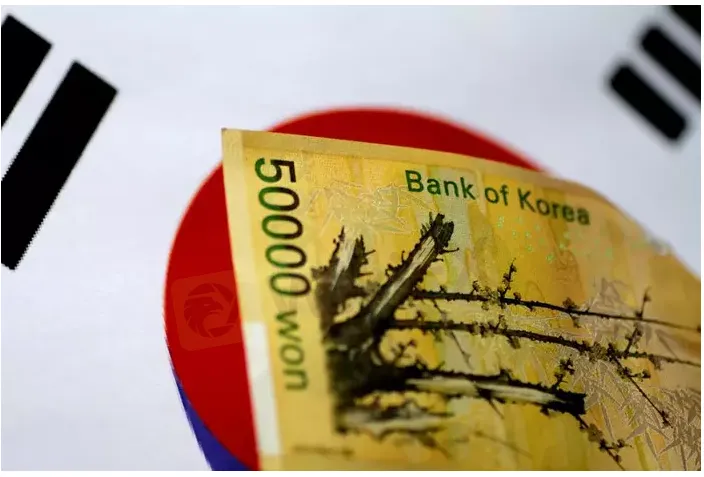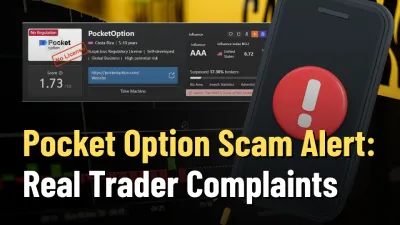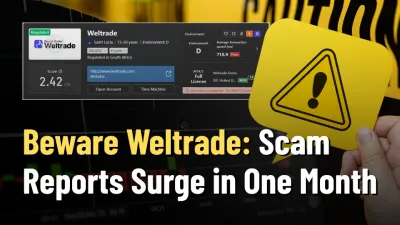Abstract:South Korea’s strenuous attempts to defend a sharply weakening currency have run into an unstoppable home-made force working in the opposite direction: the national pension fund.

The National Pension Service (NPS), the worlds third-largest such fund, has a hefty and growing appetite for equity and bond investment abroad, which it can feed only by selling won for foreign currency.
It made net purchases of about $10 billion of foreign bonds and stocks in the first five months of 2022, central bank data shows. As a cause of won sales this year, its activity came on top of a record first-half trade deficit of $10.36 billion and the $12.53 billion that foreign investors had pulled from the countrys stock market by June.
All this downward pressure has made the won the worst performer against the U.S. dollar among currencies of emerging Asian economies this year. Its losses exceed 9%.
“Apart from global factors, such as high oil prices, for 90% of the time in recent weeks it was continued outflows by the NPS that took the won down,” said a foreign exchange dealer at a local bank.
“It is not worries about the health of the Korean economy that pushed the won down. The NPS has basically raised the dollar/won level with a skewed demand for dollars from the onshore market.”
Created in 1988, the NPS is the main public retirement plan of Asias fourth-largest economy.
It manages 919.6 trillion won ($702.03 billion) of assets, equivalent to about 40% of annual gross domestic product. Being so large relative to the local economy, it has had to be aggressive in investing abroad, where it has also seen higher returns.
As the fund works to meet the retirement needs of the worlds fastest-aging population, finance and central bank officials have no authority to direct it to keep more money at home.
Moreover, the fund offsets little of its demand for foreign currency with hedging, which it limits to 5% of the value of its foreign assets.
Asked to comment on the outsized role it now plays in the onshore currency market, the NPS said it was “flexibly responding to market conditions by strategically hedging foreign exchange risks, since a rise in the dollar/won rate adversely affects the return on newly bought overseas assets.”
Structural headwind
South Koreas foreign exchange authorities are unhappy as the won, currently hovering near a 13-year low, is on course for its biggest annual decline in 14 years. Perched on the weaker side of 1,300 per dollar, the currency is at levels previously seen only during economic crises.
The Bank of Korea made net dollar sales of $8.31 billion to curb the wons fall in the first quarter alone.
Downward pressure from NPS won sales will only grow, because the fund will keep expanding and so will foreign assets share of its portfolio. It plans to hold 50% of its assets abroad by 2024, up from 44% at the end of last year and 27% five years ago.
That, on top of the trade deficit and Korean retail investors growing appetite for foreign stocks, could force the won into a long-term downward trend, officials say.
“As the NPS consistently raises its foreign investment ratio, structural depreciating pressure (on the won) may follow,” a Bank of Korea board member said during a May monetary policy meeting.
A finance ministry official said: “As the NPS is one big player in the market, it should think hard about how to reduce its impact when it considers the timing of (dollar) purchasing and how it buys.”
Even the U.S. Department of Treasury has noticed the growing influence of the NPS.
In its bi-annual currency report, the department cited the increase of the fund‘s foreign assets “by around 60 billion won in 2021,” or by 37%, predominantly driven by valuation changes. It was a rare mention of local, not international, factors behind the won’s decline.
At least one-quarter of the increase resulted from purchases of stocks and bonds, a Reuters calculation shows.
($1 = 1,309.9100 won)










